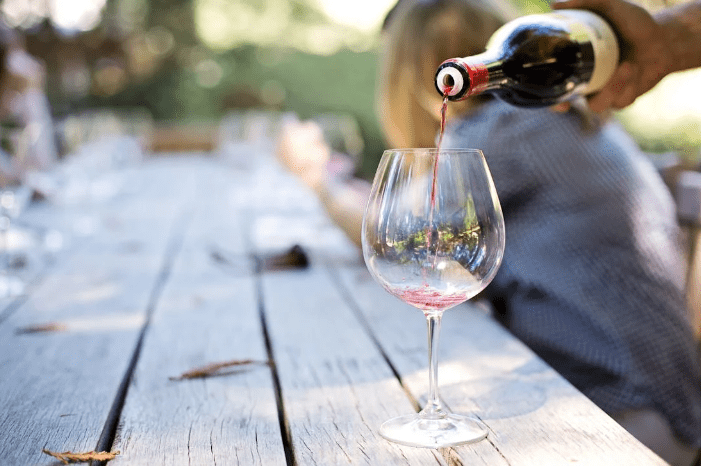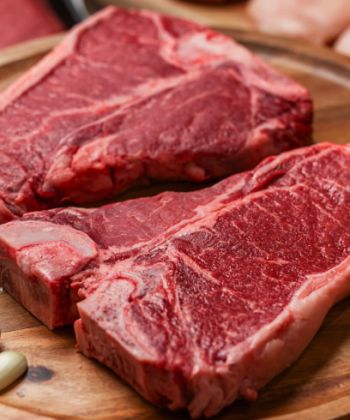
Gatlinburg, nestled in the foothills of the Great Smoky Mountains, is renowned for its breathtaking views and rich cultural experiences. Among the various attractions, wine tasting has become a favorite pastime for visitors seeking a relaxing and enjoyable experience. However, with so many varieties of wine and tasting techniques, beginners might feel overwhelmed.
This guide aims to demystify the wine-tasting process and provide beginners with the tools they need to enjoy a delightful experience in Gatlinburg.
1. Understanding the Basics of Wine Tasting
Wine tasting is an art that involves using your senses to evaluate and appreciate different wines. It’s not just about drinking wine but about experiencing its flavors, aromas, and textures. When you attend a wine tasting, you’ll encounter various types of wines, including reds, whites, rosés, and sparkling wines. Each type has its unique characteristics, and understanding these basics can enhance your tasting experience.
To start, familiarize yourself with the different types of grapes and their origins. By learning about these grape varieties, you’ll better understand the wines you taste and what to expect from each one.
2. Choosing the Right Winery for a Memorable Experience
Choosing the right winery is essential for beginners seeking a memorable experience in Gatlinburg. Factors to consider include the types of wines produced, the location, and the winery’s atmosphere. A standout option is Tennessee Homemade Wines, renowned for its Tennessee sweet wines made from fresh fruits and local craftsmanship, embodying the spirit of the Smoky Mountains. Visitors can enjoy free wine samples in a welcoming setting that mirrors the area’s lifestyle. The winery also offers exclusive limited edition flavors like their Big Orange Sangria wine, capturing the region’s essence.
Make sure you research your options and then choose a winery that offers an unmatchable experience.
3. Preparing for Your Wine Tasting Adventure
Before embarking on your wine-tasting adventure, it’s essential to prepare adequately. Start by dressing comfortably and avoiding strong fragrances, as these can interfere with your ability to smell the wine. It’s also wise to eat a light meal before attending a tasting to prevent the alcohol from affecting you too quickly.
Arriving at the winery with an open mind and a willingness to try new things is important. Wine tasting is about exploration and discovery, so don’t hesitate to step out of your comfort zone and try different varieties. Bring a notebook or use your phone to jot down notes about the wines you enjoy. This will help you remember your favorites and provide valuable information for future wine purchases.
4. Learning to Taste Wine Like a Pro
To taste wine like a pro, focus on using all your senses. Start by holding the glass by the stem to avoid warming the wine with your hands. Swirl the wine gently to release its aromas and take a moment to appreciate the bouquet. When tasting, take a sip and note the balance of flavors, tannins, and acidity. Try to identify specific notes, such as fruit, spice, or oak. Remember, there are no right or wrong answers in wine tasting—it’s all about your personal experience and preferences.
5. Demystifying Wine Tasting Terminology
One of the hurdles for wine tasting beginners is understanding the terminology used to describe wines. Learning these terms can greatly enhance your tasting experience. Some common terms include “body,” which refers to the weight and fullness of the wine in your mouth. Wines can be light-bodied, like a crisp Pinot Grigio, or full-bodied, like a rich Cabernet Sauvignon.
“Tannins” are another key term, referring to the bitter compounds found in grape skins, seeds, and stems. Tannins give wine structure and complexity and are more prominent in red wines. A wine’s “finish” describes the aftertaste left on your palate once you swallow. A long, lingering finish is often a sign of a high-quality wine.
The term “terroir” might also come up, which denotes the environmental factors affecting the grapes, including soil, climate, and topography. Terroir contributes to the unique flavors and characteristics of each wine. By familiarizing yourself with these terms, you’ll be able to better articulate your preferences and deepen your appreciation for the wines you taste.
6. Engaging with the Host for a Richer Experience
Engaging with the host during a wine tasting can significantly enrich your experience. The hosts are often knowledgeable about the wines they pour and are happy to share insights and stories about their creation. Don’t hesitate to ask questions about the winery’s history, the wine-making process, or the characteristics of the wines you are sampling.
Asking questions can lead to discovering interesting facts and gaining a deeper understanding of what makes each wine unique. Inquire about the grape varieties used, the aging process, and any special techniques employed in production. You might also ask for recommendations on food pairings or upcoming releases.
Engaging with the host not only enhances your experience but also helps create a personal connection to the winery. It turns a simple tasting session into an educational journey, where you can learn and grow in your appreciation for wine.
7. Pairing Wine with Local Cuisine for a Delightful Experience
Pairing wine with food is an essential part of the wine-tasting experience, and Gatlinburg offers a rich culinary scene to explore. Understanding the basics of wine and food pairing can elevate your enjoyment. A general rule of thumb is to pair white wines with lighter dishes like fish, chicken, or salads, and red wines with heavier dishes like beef or lamb.
Gatlinburg is known for its Southern cuisine, making it an excellent place to experiment with wine pairings. Try a local wine with a plate of fried catfish or with a smoky barbecue. You can also explore unique pairings, such as matching a sweet wine with spicy Southern dishes to balance flavors.
When pairing wine with food, consider the flavors and textures of both. Aim for complementary or contrasting elements that enhance the overall taste experience. With the abundance of local foods and wines, you’ll have endless opportunities to discover delightful combinations.
Wine tasting in Gatlinburg offers a delightful adventure for beginners and seasoned enthusiasts alike. With its scenic backdrop and welcoming wineries, the area provides an ideal setting for exploring the world of wine. By understanding the basics of wine tasting, selecting the right wineries, and engaging with the hosts, beginners can gain confidence and enjoy a memorable experience.
Remember to savor each moment, explore local pairings, and respect tasting etiquette to ensure a pleasant visit. Whether you’re sampling sweet wines at Tennessee Homemade Wines or discovering other local gems, Gatlinburg promises a rich and rewarding wine-tasting journey. So, embark on this adventure with curiosity and enthusiasm, and let the flavors of the Smoky Mountains enchant your senses.


